Humans of Gaza: Mohammad Hijazi, journalist and poet who chronicled life amid genocide
By Humaira Ahad
“It is Karbala, and you are Hussein in it. Your horse won’t stop until you pray in Jerusalem," wrote Mohammad Hijazi, a Palestinian writer, journalist, and poet, on his Facebook account in September 2024.
“It was Karbala. The best of your companions around you were killed, and you remained alone, fighting with your heroic attitude. You taught us that we will not give up on Gaza,” he added, in a heartfelt tribute to a Hamas resistance fighter killed by the Israeli regime last year.
The young Palestinian writer transformed his social media pages into a canvas for documenting the everyday struggles of his people in Gaza amid the raging genocidal war—which has so far claimed nearly 46,000 innocent lives.
But the apartheid regime snuffed out his voice. Hijazi was killed on Sunday in an Israeli airstrike targeting his home in the Jabalia refugee camp in northern Gaza.
“He was among nearly 90 other Palestinians killed in Israeli bombardment across the besieged territory in the last 24 hours,” the Gaza Health Ministry said in a statement on Sunday.
Like many Palestinians, Hijazi celebrated the phenomenal success of Operation Al Aqsa Flood in October 2023. For the Gaza-based journalist and poet, it was a moment of pride.
“This is the time we deserve to buy an extra life to live. We're so lucky you gave us this joy,” Hijazi wrote, lauding the Al-Qassam Brigades, Hamas’ military wing.
In the aftermath of October 7, 2023, Israel unleashed a genocidal campaign in Gaza, massacring people, obliterating schools and hospitals, and plunging the besieged coastal territory into an unprecedented humanitarian catastrophe.
Of the nearly 46,000 Palestinians killed in Gaza in 458 days, 70 percent are women and children, according to Gaza’s health authorities.
Another journalist killed in Israeli attack on Gaza as toll rises to 220
— Press TV 🔻 (@PressTV) January 5, 2025
https://t.co/fgifec1Bwr
The regime’s brutal campaign also claimed the lives of Hijazi’s father, brother, and uncle.
“I am tired of saying goodbye to my loved ones and peace to those who have already passed. Only I am left, and my conscience is asking me why I should stay,” Hijazi lamented on social media, mourning his loved ones.
Living under constant threat, Hijazi, like many others in Gaza, faced an uncertain future.
“I don’t know if I will write to you again. I keep what I have written and am writing. Maybe it will come to light one day. I refuse a cheap death. I curse the murderer,” he confessed in an August 2023 Facebook post.
Through his heartbreakingly poetic verses, Hijazi captured the indomitable spirit of Palestinians.
"I am still holding onto this life with all that has been said, is being said, and will be said about it, clinging to it, refusing a cheap death, cursing the killer and the hired hand, and spitting in the face of those who robbed us, betrayed us, and left us—a thousand spits and more," he wrote, voicing his defiance against the illegal Israeli occupation and apartheid.
Hijazi’s writings also chronicled the profoundly symbolic details of life amidst the genocide.
“Coffee remained a friend in this war; it aggravates our misfortunes, suppresses our hunger, and heals our damaged nerves,” he wrote.
“I prepare my morning cup of coffee on this ordinary makeshift fireplace, using some weeds from the ground and pages of books that are no longer useful. Gas doesn’t enter our angry north, and we have to burn everything to make anything.”
Intl. conference honors martyred journalists in Gaza, Lebanon@farzanehpresstv reports from Tehran. pic.twitter.com/txHCKhWU3t
— Press TV 🔻 (@PressTV) November 19, 2024
For over 14 months, Israel’s blockade has strangled humanitarian aid deliveries to Gaza. The situation in northern Gaza has become increasingly dire, with no aid allowed by the regime.
“The situation in Gaza is apocalyptic, and people are trapped, unable to find any kind of safety. The absolute desperation of having no food or shelter for your family in the biting cold of winter,” remarked Sally Abi-Khalil, Oxfam’s Middle East and North Africa Director, in December.
“It is abhorrent that despite international law being so publicly violated by Israel and starvation being used relentlessly as a weapon of war, world leaders continue to do nothing.”
Late last month, Oxfam reported that only two trucks of aid had reached the besieged northern Gaza governorate in two and a half months, hindered by Israel’s “deliberate delays and systematic obstructions.”
Hijazi, witnessing this relentless brutality, sought refuge in his poetic words:
“The war is long and not yet over.
Autumn dies with us, but autumn is born with us.
We cry, say goodbye, and bury, then return to collect firewood and water, charge mobile phones, eat canned food, and listen to the news.
The war is long and not yet over,
And autumn appears with water and sun,
May it be light on the people of the tents,
For rain in the time of war is deadly,
There is no house, no people, no homeland,
No land to carry us nor the sky to shade us, is there a way to escape?”
‘Multipolar world finally emerges’: Trump’s ‘National Security Strategy’ sparks online buzz
Netanyahu says won’t quit politics even if granted pardon in corruption trial
Macron warns Beijing of tariffs in bid for EU-China trade deal
White House pushing for Sisi–Netanyahu summit: Report
Iran’s tax-to-GDP ratio at 6.4% in March 2025: SCI
VIDEO | Tulkarm horror: Israeli forces used 10-year-old girl as human shield
VIDEO | Press TV's news headlines
VIDEO | Rallies held across Australia in support of Palestinians


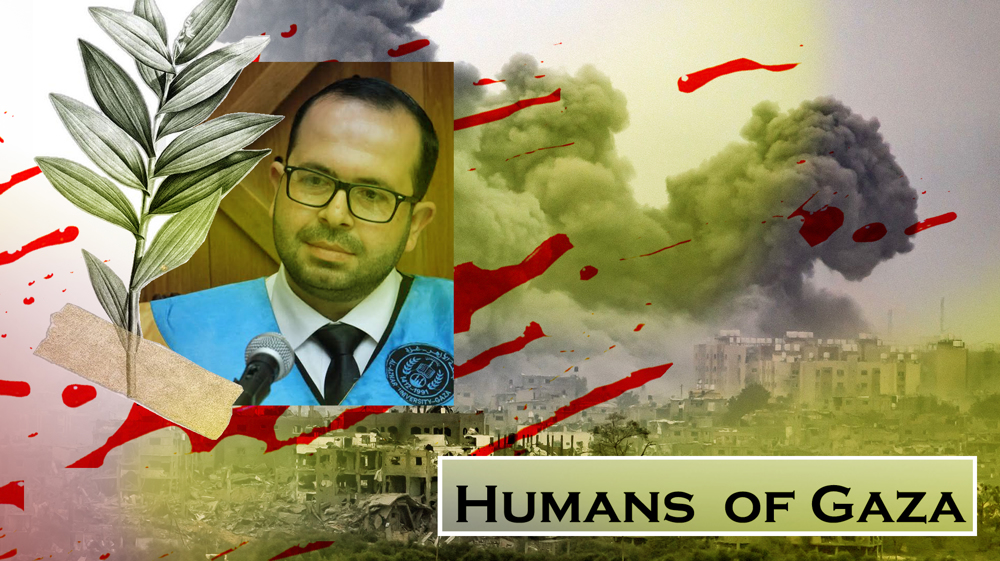
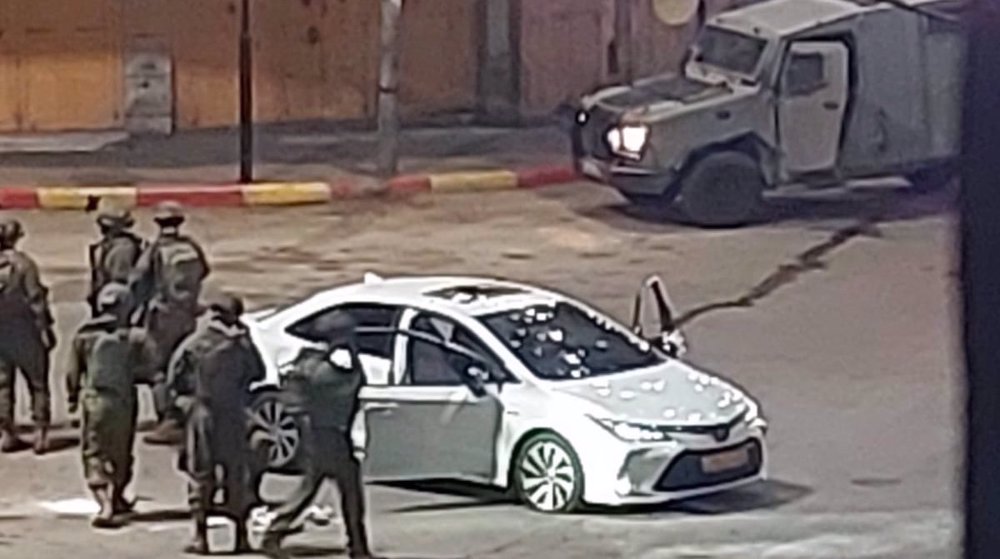
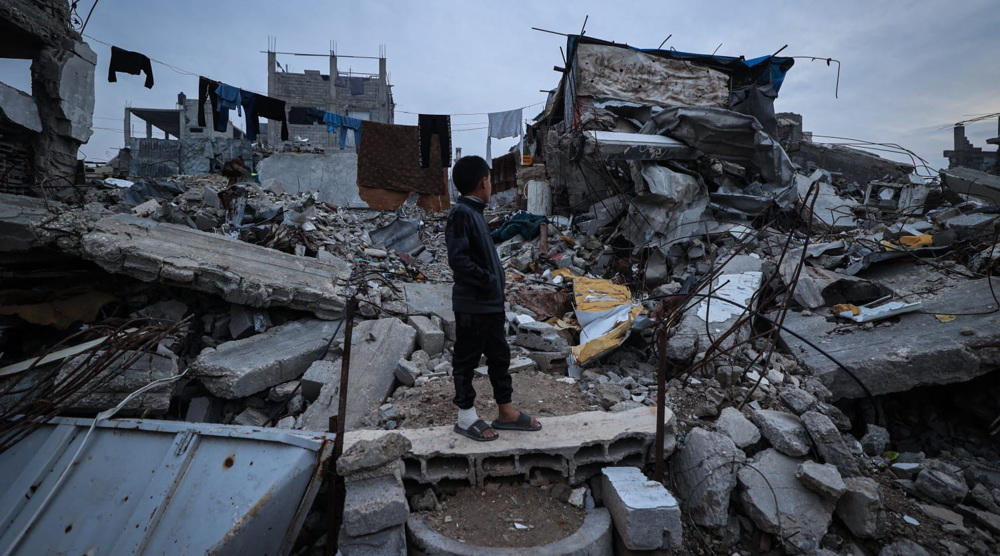
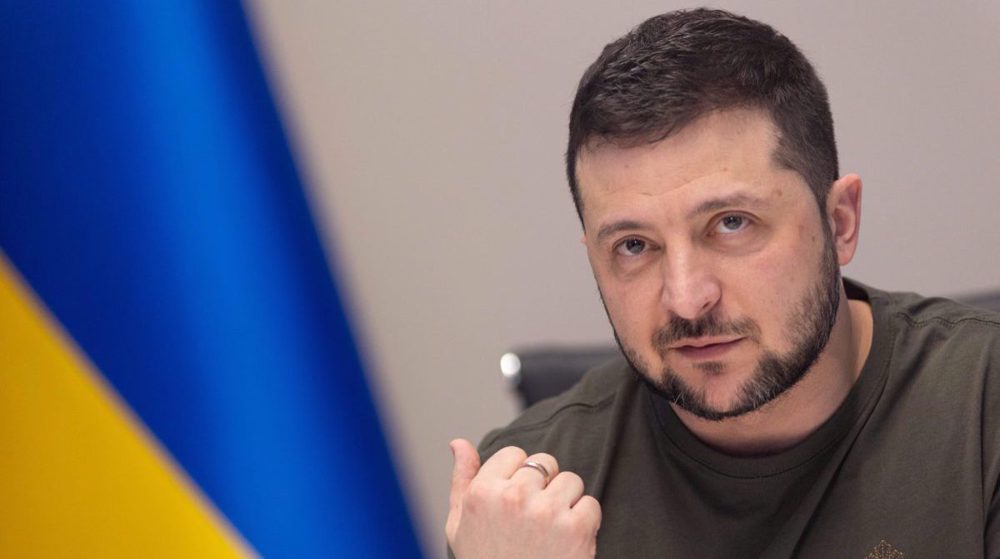



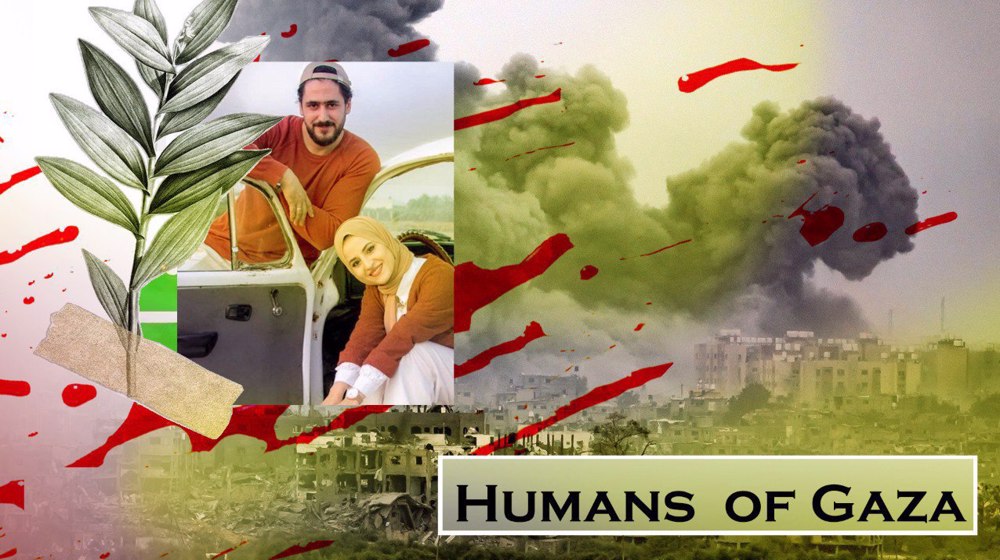
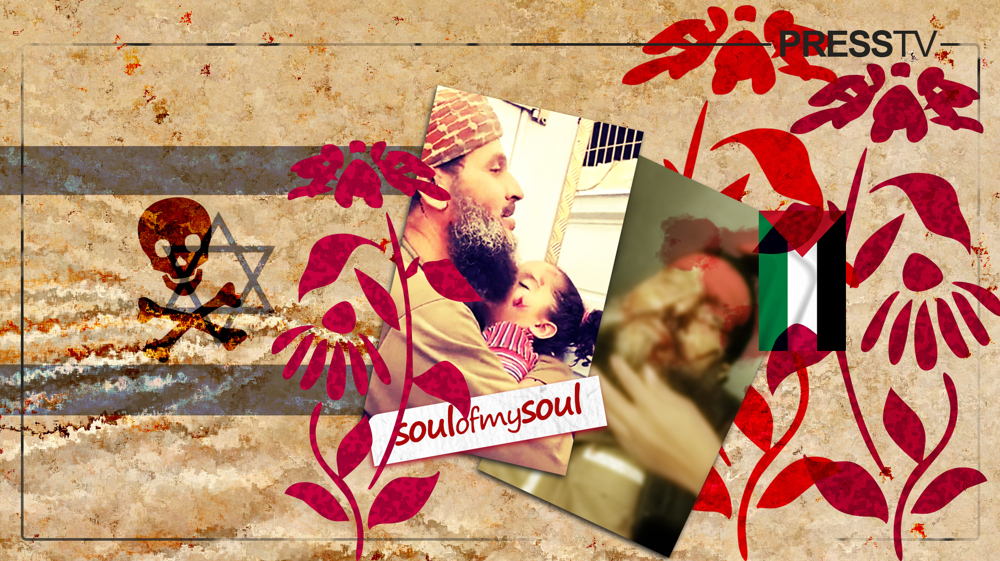
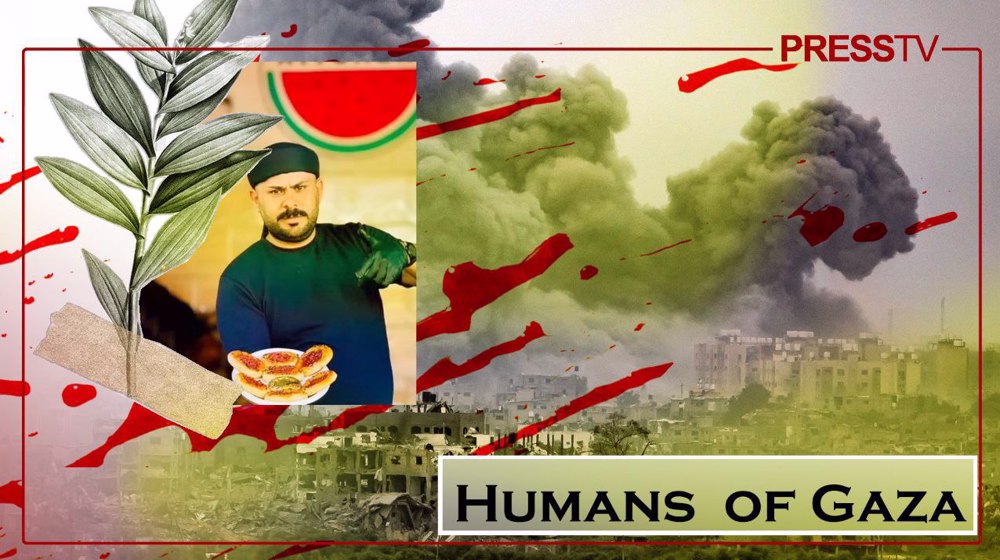
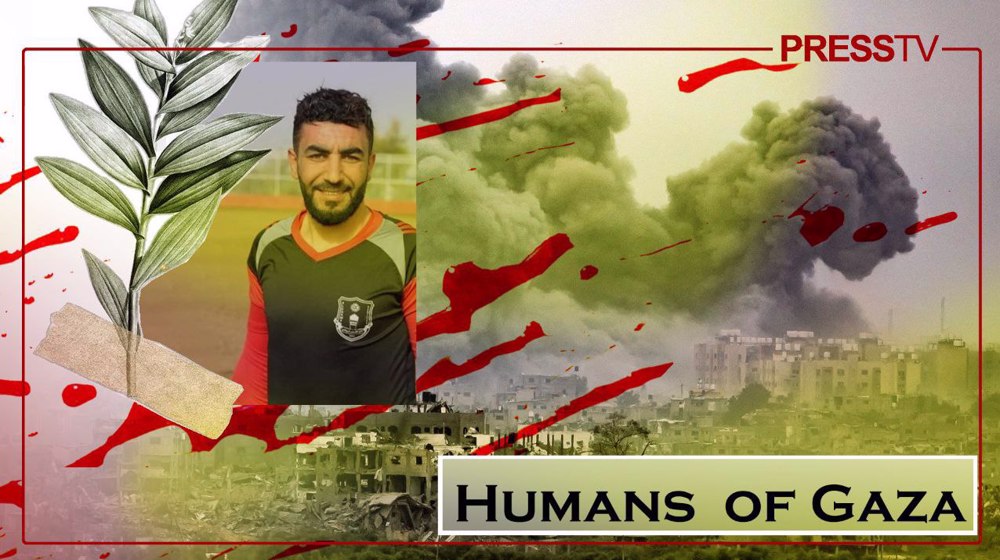
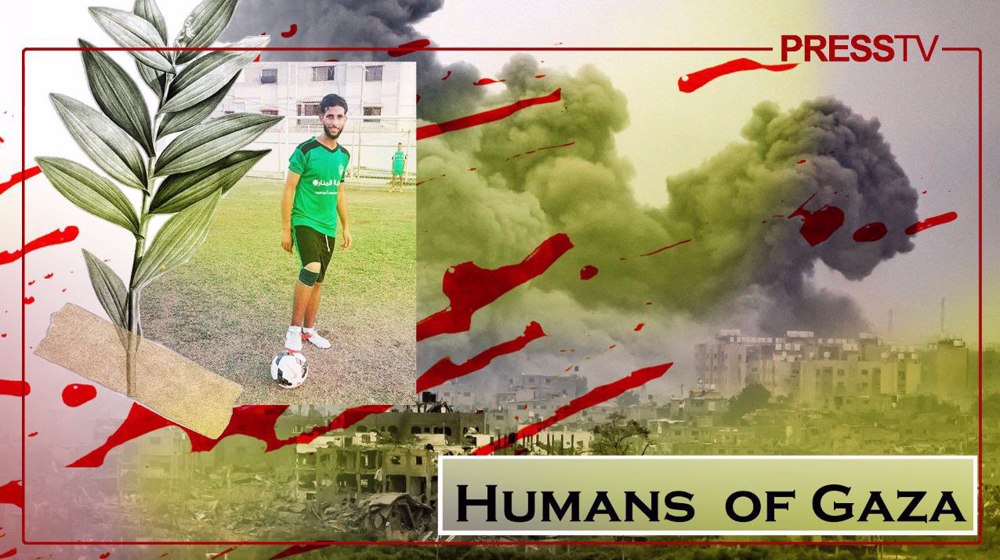

 This makes it easy to access the Press TV website
This makes it easy to access the Press TV website